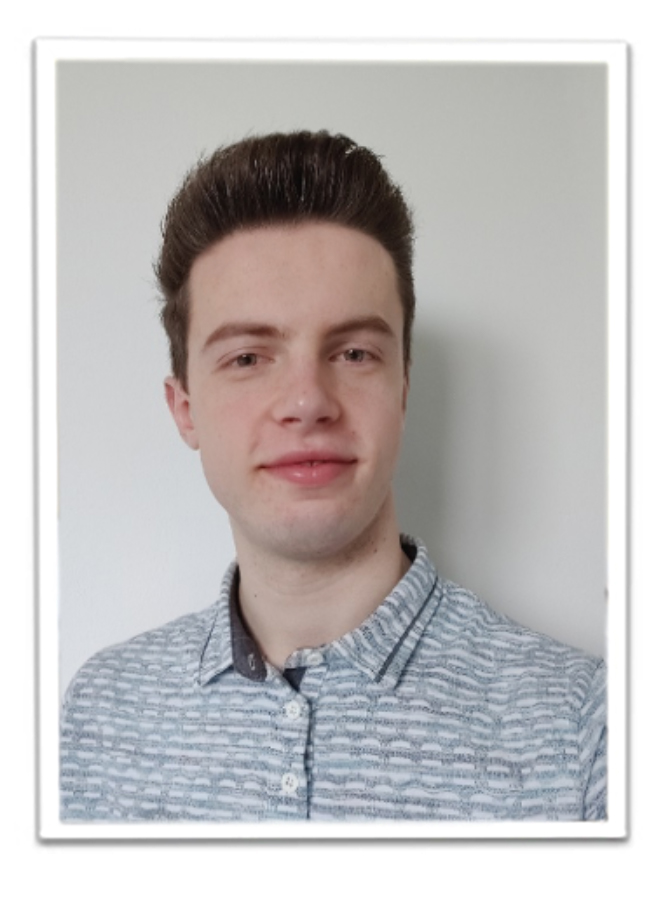One Health PACT / Avans – Lab-student: Dani Kors

Sixteen 3rd year Biology and Laboratorial Research students are working on OHPACT-related projects within Avans under the supervision of teachers with OHPACT as their client. Within this part of the curriculum of the bachelor education, project based learning is essential. Together with University Utrecht (Judith van den Brand, Giuseppe Giglia, Gianfilippo Agliani) students are unravelling the role of apoptosis in Usutu virus positive blackbirds. In addition, within the collaboration with Erasmus MC (Bas Oudemunnink, Emmanuelle Munger, Reina Sikkema), students are contributing to the development of a fieldable assay for the detection of vector-borne viruses from wildlife and clinical samples and optimizing the CO1 PCR for ticks species identification. In association with the LUMC (Louie Krol), students are investigating if the Culex pipiens-complex DNA can be detected in the guts of known mosquito predators using qPCR.
Who are these students? In the upcoming weeks we will share with you who are these students and on which topics they will focus.

Who am I?
My name is Dani Kors, and I am 22 years old. I am currently in my third year of the Bachelor’s program Biomedical Laboratory Research at Avans Hogeschool in Breda, the Netherlands. I am now working in the specialization “Patient-oriented research,” where I collaborate with One Health Pact.
What subject will I be focussing on this semester? What will I be researching?
The project I am working on together with Amy Overheijden, associated with Erasmus Medical Centre, is about CO1 PCR for tick species identification. The goal is to optimize CO1 PCR for tick species identification with universal CO1 primers. We will use end-point PCR and Oxford nanopore sequencing to investigate which species are present in the Netherlands.
What would I like to learn?
With its densely populated areas and water-filled landscapes, the Netherlands is at high risk for outbreaks of Vector-Borne Diseases (VBD). Since it is still unknown what tick species are present on the different bird species and what this means for the transmission of various viruses in birds and humans, six thousand birds are caught and sampled for ticks every year to monitor the VBD in the Netherlands. Research must be done in order to improve our ability to predict, detect and respond to emerging arboviruses, such as tick-borne disease and Usutu virus. That’s why I would like to learn about this current issue.
What do I want to do with this in the future?
Next semester I will follow the minor Laboratory Animal Science at Avans Hogeschool. I am not sure which specific direction I want to go to yet, but I want to broaden my horizon since my interest lies in human and animal health.
You can find me on LinkedIn: linkedin.com/in/dani-kors-8a784a229
I will now pass the baton to Amy Overheijden